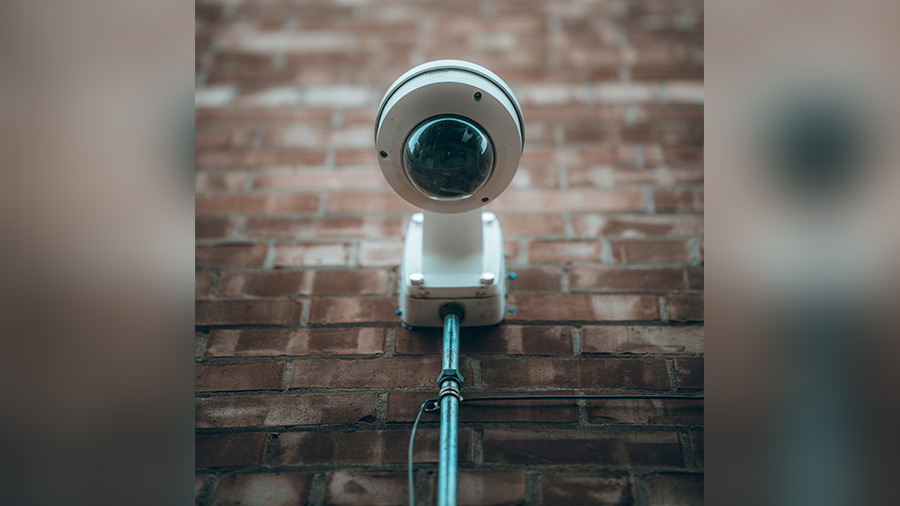Indians are puzzling. Is it their love for denying realities, or ignorance, or innocence or a combination of these that underlies their support for public surveillance? A survey conducted by Common Cause with the Lokniti programme of the Centre for the Study of Developing Societies found that a majority of respondents supported government surveillance through the use of CCTV cameras in the belief that it prevented crime. Cameras installed by the people themselves far exceed those of the police; there are 1.5 million CCTV cameras across 15 cities. Some cities, such as Indore, are dotted with them, but the crime rate in, say, Kozhikode, which has fewer cameras, is much lower than that in Indore. It has been seen that even if CCTV cameras help solve crimes, they may not be able to prevent them. But the support for surveillance is a symptom of a deeper attitude. Government surveillance to contain protests, even with the use of drones, is largely acceptable, just as a similar survey last year revealed large-scale support for internet shutdowns when the government claimed a law and order problem. The support therefore points to acceptance of unilateral moves by the government in the name of security, safety and protection. Inevitably, there is a class aspect to this. Dalits, minorities, adivasis and the poor are against surveillance: they are too often at the receiving end. While there are more people-owned CCTV cameras in rich and middle-class neighbourhoods, it is the government that places them in poor localities. The dominant assumptions are obvious.
The respondents favouring surveillance showed little awareness of the Pegasus spyware. Do Indians not make the connection between surveillance and privacy? Educated Indians seem either ignorant or uncaring of their rights. Personal data can be used by political parties and the government, whether gathered by spying on phones, using face recognition, or tracking movement. Data can be analysed and sold by technological companies. That upper- and middle-class Indians surrender their rights to the government to identify with its interests while creating a distance with the less privileged is dangerous for them too. Are they unaware that without strict regulations regarding data collection and use, their own unflagging vigilance and belief in the equal rights of all, the government and corporate organisations would be given unlimited control of private data?











